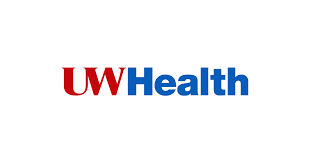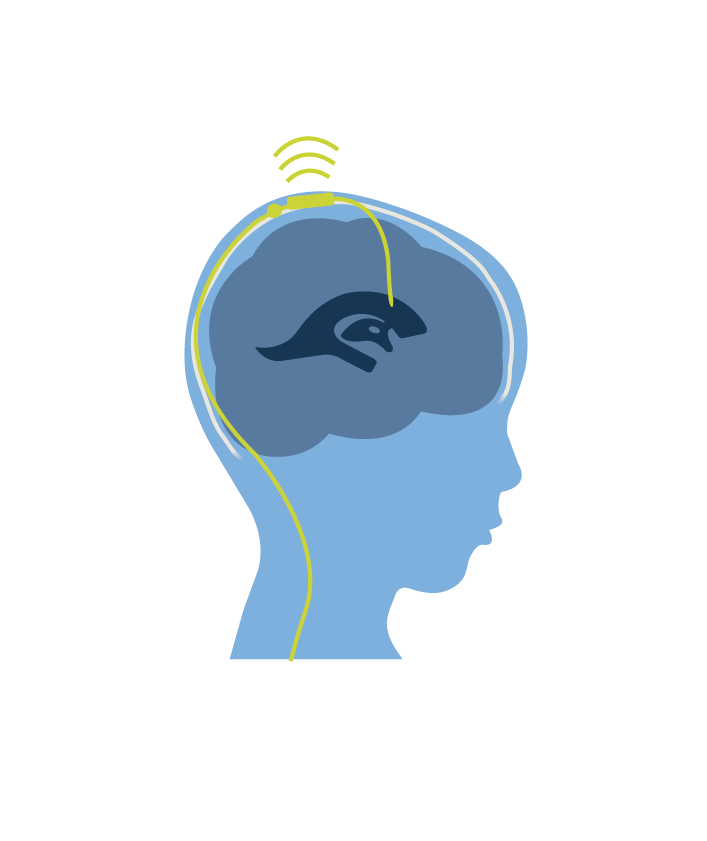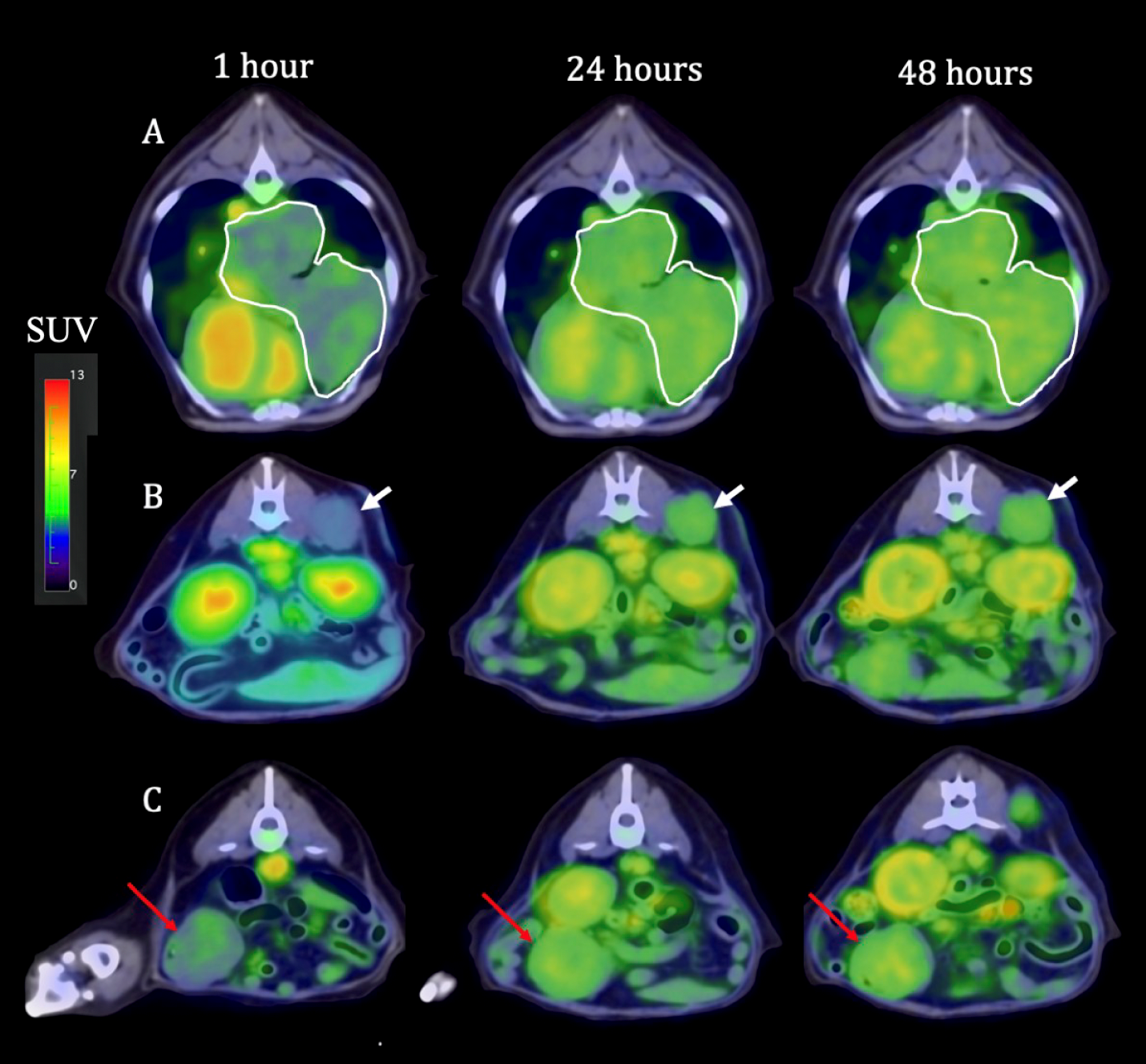
November 15, 2019
Expanding the reach of life-saving cell therapies
Program for Advanced Cell Therapy (PACT)
After decades as a cancer researcher and hematologist, Jacques Galipeau, MD, was getting impatient to bring his discoveries from the laboratory to patients. “Patients are what motivate me and my team. I’ve published 179 papers, I’ve cured thousands of mice of cancer, and I’ve had enough of that,” says Galipeau, who is the director of the Program for Advanced Cell Therapy (PACT) at UW Health. “Our responsibility is not only to make discoveries, but when feasible, to bring them into practice to ease human suffering.”

PACT provides targeted cell therapies for tough-to-treat conditions, and Galipeau spotted an opportunity to get the program’s discoveries to more patients more quickly. But he needed help navigating the unfamiliar territory from science to entrepreneurship.
Fortunately, he found the ideal guide in Thomas “Rock” Mackie, MD, administrator of Isthmus Project, UW Health’s new innovation accelerator. “Entrepreneurs have to be bold, and Rock is a bold thinker,” Galipeau says. “Rock understands the entrepreneurial business landscape in health sciences, and he has a track record of profitable experience. He’s been able to assemble the talent to come up with a road map so we can deploy these technologies in a sustainable way, which may eventually involve job creation and revenue generation.”
Mackie, UW Health’s chief innovation officer and an experienced entrepreneur himself, immediately recognized the potential in Galipeau’s work. He connected Galipeau to Isthmus Project’s partners, which include the WiSolve consulting group, UW-Madison’s Discovery to Product (D2P) office, the UW Institute for Clinical and Translational Research, UW-Madison’s Law and Entrepreneurship Clinic and UW-Extension’s Center for Technology Commercialization.
“We act as a bit of a tour guide of the entrepreneurial community, so we introduce researchers to various resources and supplement that with our knowledge of the medical industry,” Mackie says.

Isthmus Project and its partners helped Galipeau’s team with a market study, financial projections and regulatory work required to conduct clinical trials and eventually bring PACT’s cell therapies to market.
PACT is now conducting two clinical trials to treat cytomegalovirus (CMV) — a common viral infection that can be fatal to those with very suppressed immune systems — in patients who have had bone marrow or kidney transplants. The kidney transplant trial is the first of its kind in the United States. “The idea is to take blood cells from an immune relative, purify them and give them back to you so your relative’s cells mop up the virus,” Galipeau explains.
The technology was first developed in Germany, where it has an 80 percent cure rate, but it’s new to the U.S. A better treatment for CMV is not only good for patients’ health — curing someone of the virus can save a substantial amount in healthcare costs.
“One of the interesting things about Dr. Galipeau’s work is that this is one of the few times when doing a clinical trial actually saves money,” Mackie notes.
Isthmus Project typically works with an entrepreneur for one to two years. “The longer you incubate something inside a healthcare system or university, the more successful it’s going to be when it comes out,” Mackie explains.
After PACT can demonstrate that its cell therapies are safe, PACT will be ready to spin off a business that could eventually scale up and make the technology available to other hospitals nationwide.
It’s just the first of many therapies that Galipeau envisions bringing to market. “PACT is the discovery engine,” he says. “Its progeny can then be launched off as stand-alone private entities that would be the model system for long-term development.”
While Galipeau doesn’t see himself ever filling the CEO role, he is excited about the potential of bridging the nonprofit and business worlds.
“There are a lot of cell-based therapies that could really move the needle in terms of patient outcomes but that may never be deployed because they don’t meet the profit margins that publicly held companies need to have,” he says. “As a nonprofit hospital, we’re judged on patient outcomes. If we can develop and market therapies that are at least break-even, it gives us a unique opportunity to develop technologies that otherwise might never be developed.”
Galipeau’s advice for others who might be mulling a business idea: Don’t wait. “You can’t discover something, put it on a shelf and wait for Prince Charming to develop it for you,” he says. “The biggest headwind for university scholars is they can let perfect get in the way of good, and they won’t reach out or think about reaching out until they achieve perfection. Father Time is your enemy. By the time you achieve perfection, your idea might not be patentable. You need to take ownership of developing your idea, and Isthmus Project can reduce the friction points to help you not only discover but develop new technologies for the benefits of patients.”



